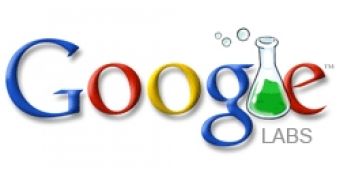The AdWords API v2009 is one step closer to being launched with the release of the latest beta version, which is now available for all developers. Users who want to get accustomed with the latest API can now sign up and start testing it, and Google encourages them to get started as soon as possible as v2009 brings some significant changes over the previous v13.
“To get started writing code for v2009, check out the developer documentation on the v2009 homepage. Additionally, we have a v2009 sandbox available to all users for experimentation and testing. The sandbox doesn't charge for API units, and all you need to access it is your current Google Account username and password. Beforehand, read up on sandbox best practices,” John Fitzpatrick from the AdWords API Team wrote. “Because there are significant changes between v13 and v2009, we've extended the length of time that we'll support both versions.“
The latest major update to the Google AdWords API was first released in late June for a limited set of developers for testing. At the time the major change touted was the new rate sheet for API calls, which Google claims reduces the costs for most developers by as much as 20 percent mainly by lowering the cost of the most used calls: add criteria, add ad, and set adgroup. The API has now reached the quality level necessary for a wider release and Google is inviting developers to start using it early.
The new public beta is light in new functionality from the previous iteration but, as the base code matures, Google plans to introduce a number of features like asynchronous calls, partial failure acceptance, keyword optimization tools and reporting over the next two months. Because the new version brings a greater number of changes than usual, Google is extending the life span of both the current and the upcoming API. Even so, v13 will expire in early 2010 by which time all apps that make use of the API should be updated to support v2009.

 14 DAY TRIAL //
14 DAY TRIAL //